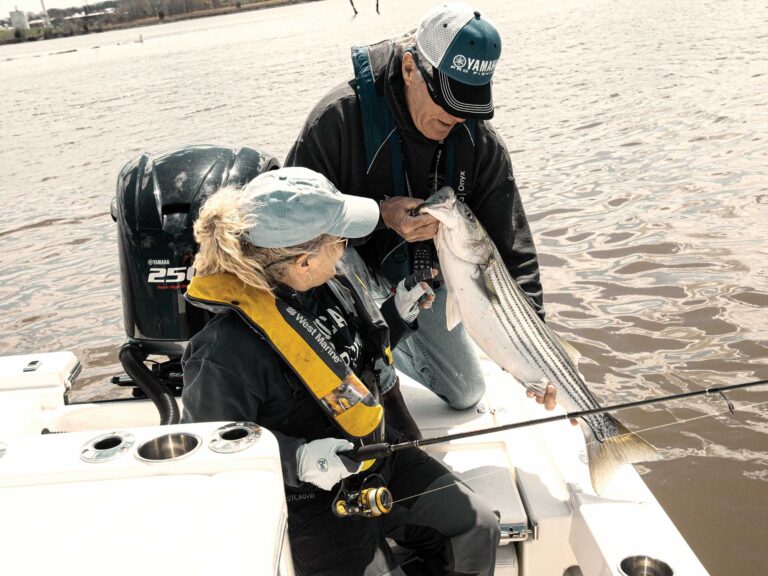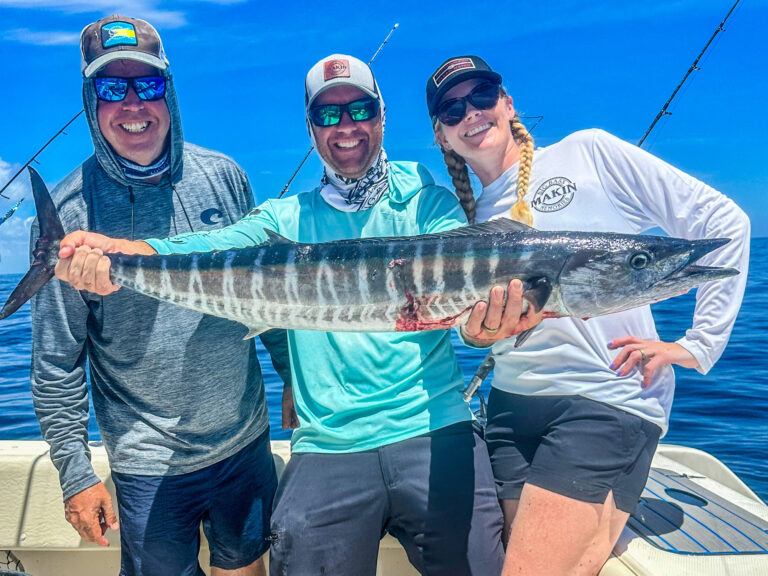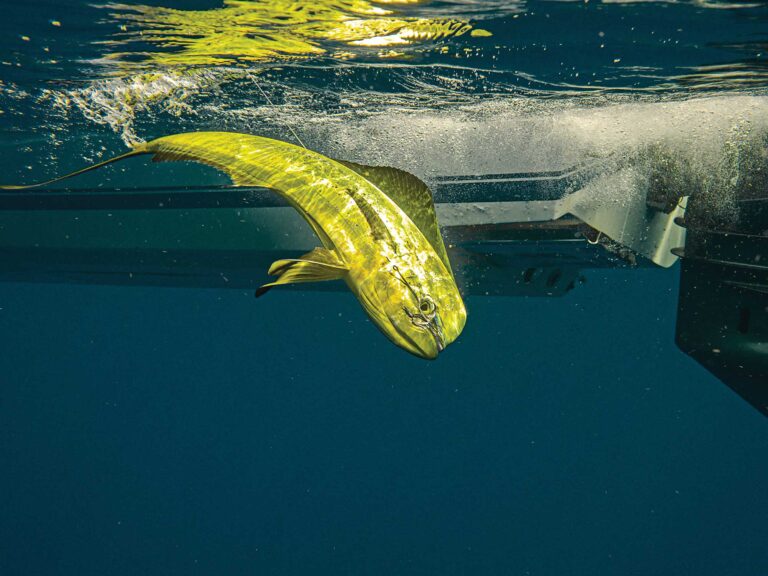These 10 common mistakes cause lost fish and missed opportunities. Learn to avoid these and you’ll improve your catch.
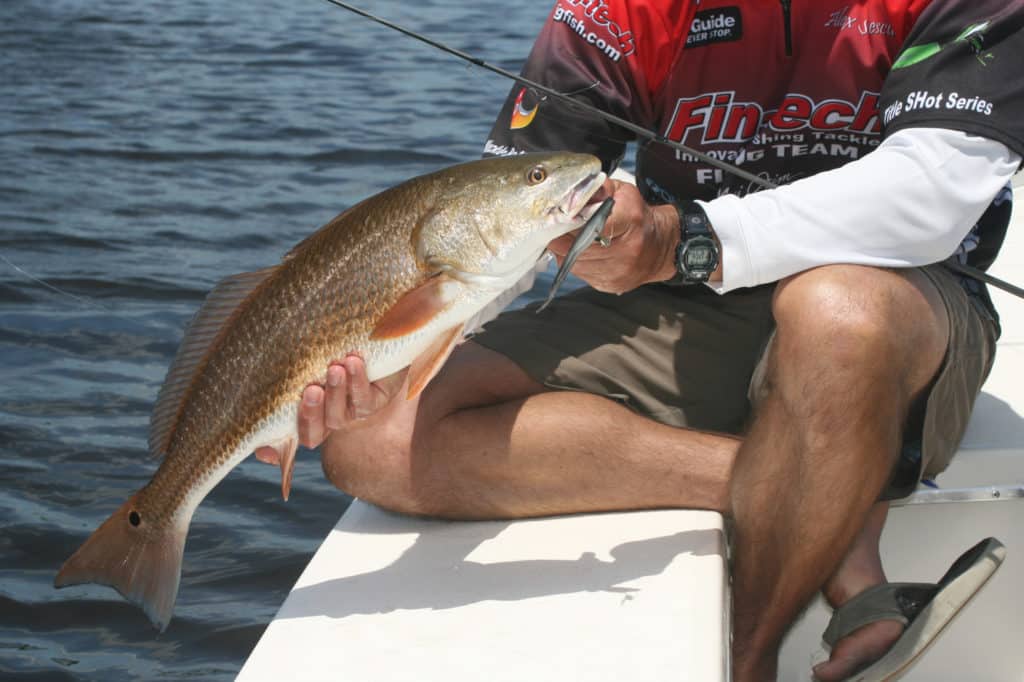
Check All Line and Leader Connections
Weak or poorly tied knots are the most common cause of lost fish. Better to be safe than sorry: When in doubt, retie that knot, hitch or loop. And always use knots with a high breaking strength.
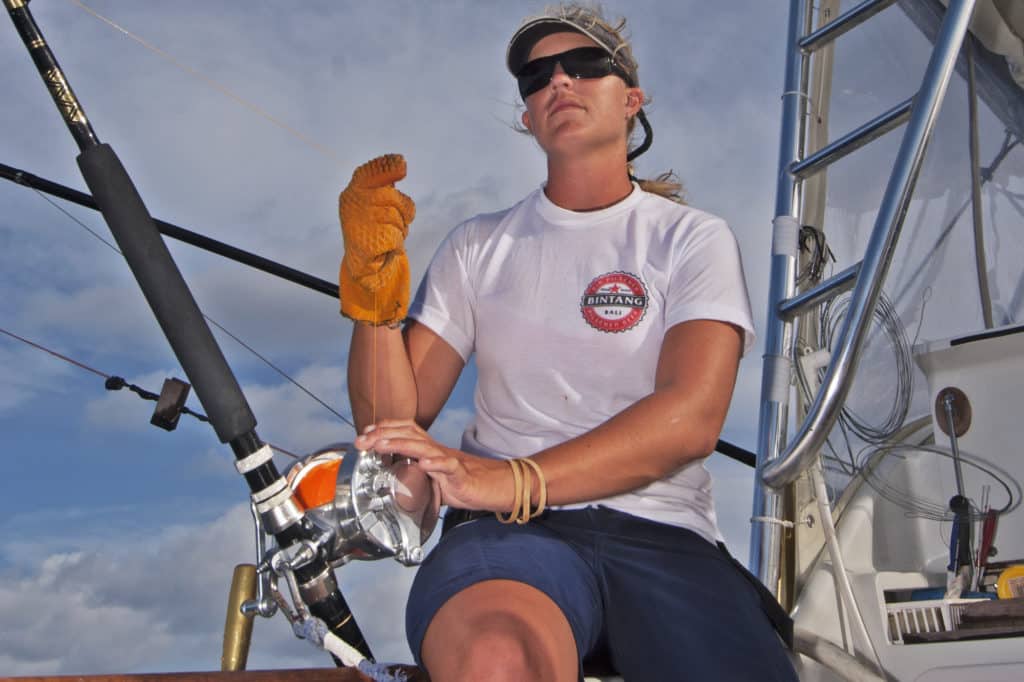
Check the Drag
Drags that stick or are set too tight cause broken lines, so check all your reels before the next fishing trip, and take apart and clean any drags that seem to apply uneven pressure. Back off all drags before storing your rods to keep the washers from sticking. Just remember to restore each to the proper setting before use.
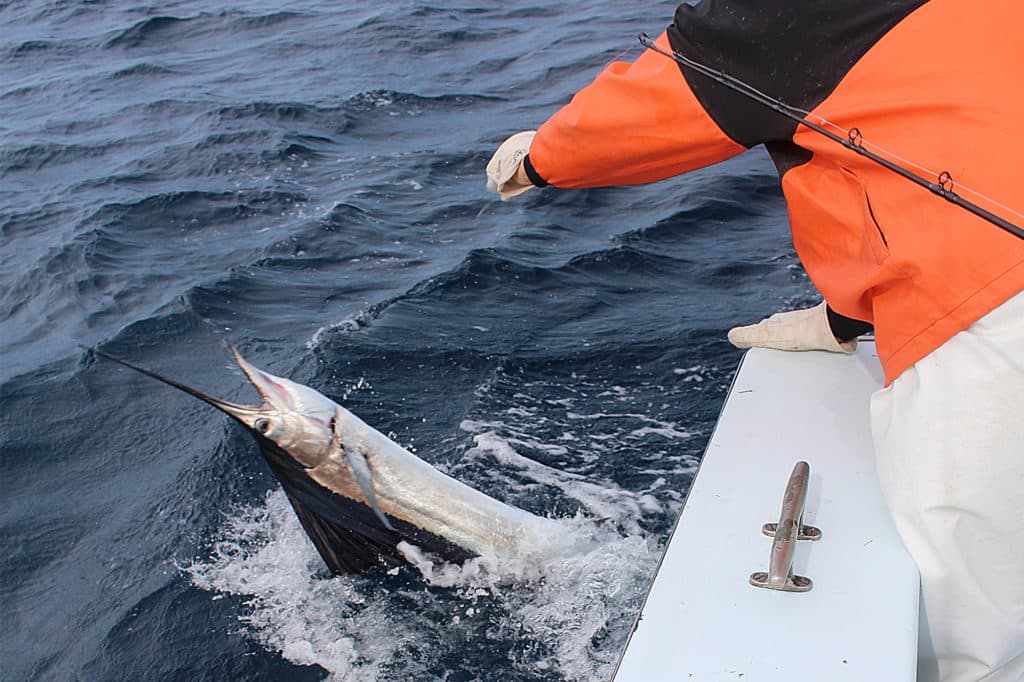
Inspect Your Line
Many fish are lost to broken lines, so check for chafed or weakened sections, potential tangles (more frequent on spinning reels), and those dreaded wind knots often encountered when using certain braids.
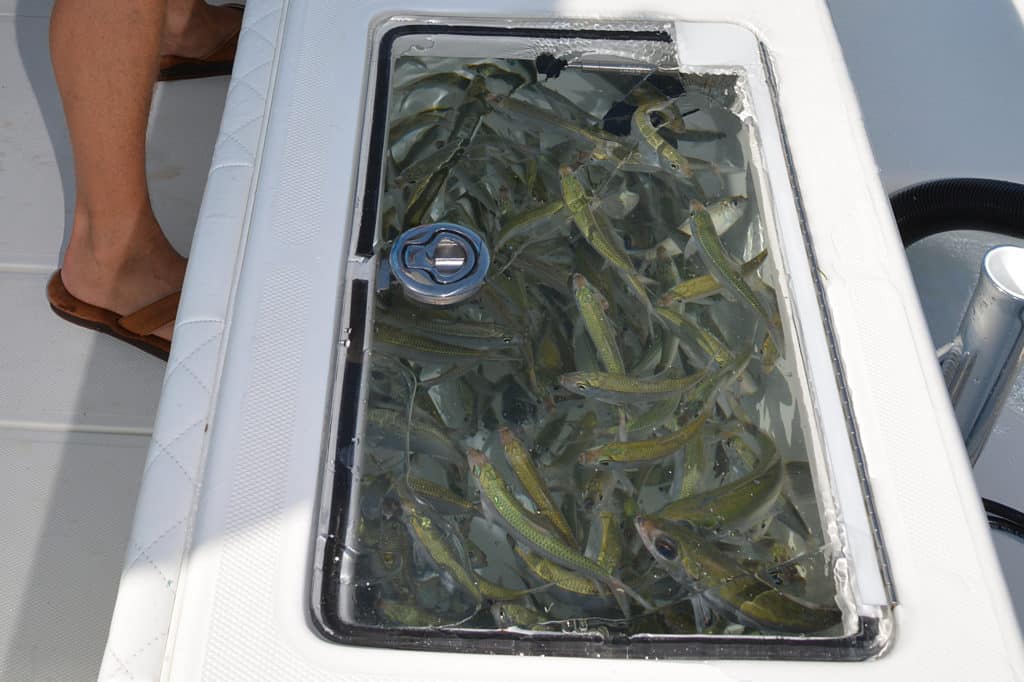
Don’t Overcrowd Your Livewell
Determine the number of baits you can carry based on the species and livewell capacity. Some, like threadfin herring and menhaden, are more delicate and require more oxygen than others, and bunching too many of them together is a recipe for disaster. Overdo it and you’re likely to discover your entire supply died on the way to the fishing grounds. If you’re not sure, err on the side of caution and take fewer live baits.
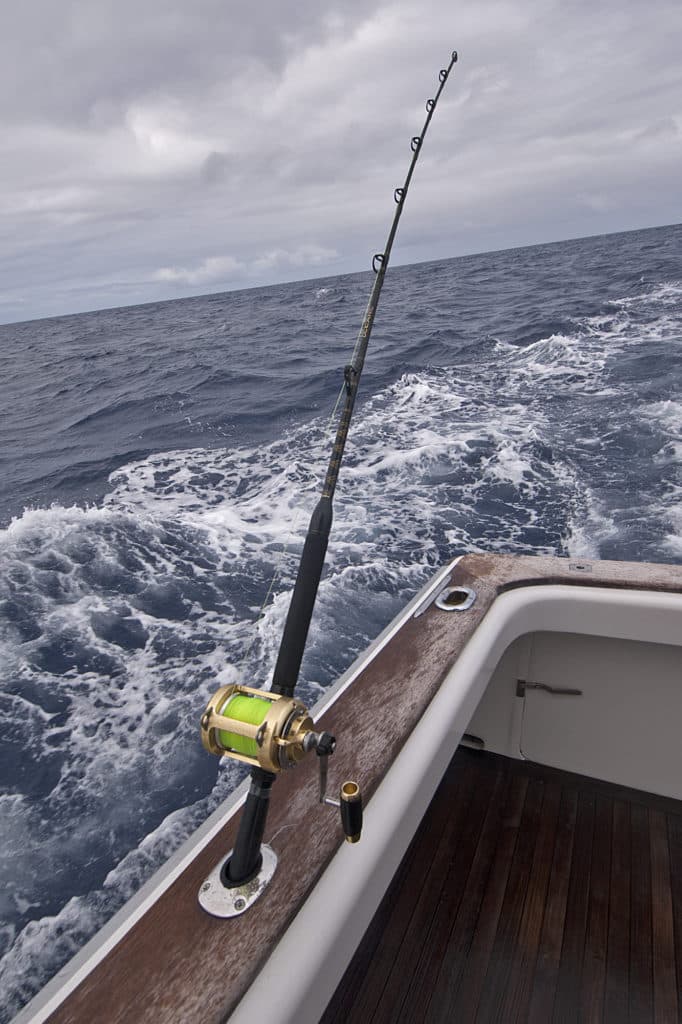
Never Leave Baited Rods Unattended
You are bound to miss strikes unless there’s always someone manning the lines in the water. You’re also squandering bait, and in some cases, the lack of supervision results in line tangles and wasted fishing time.
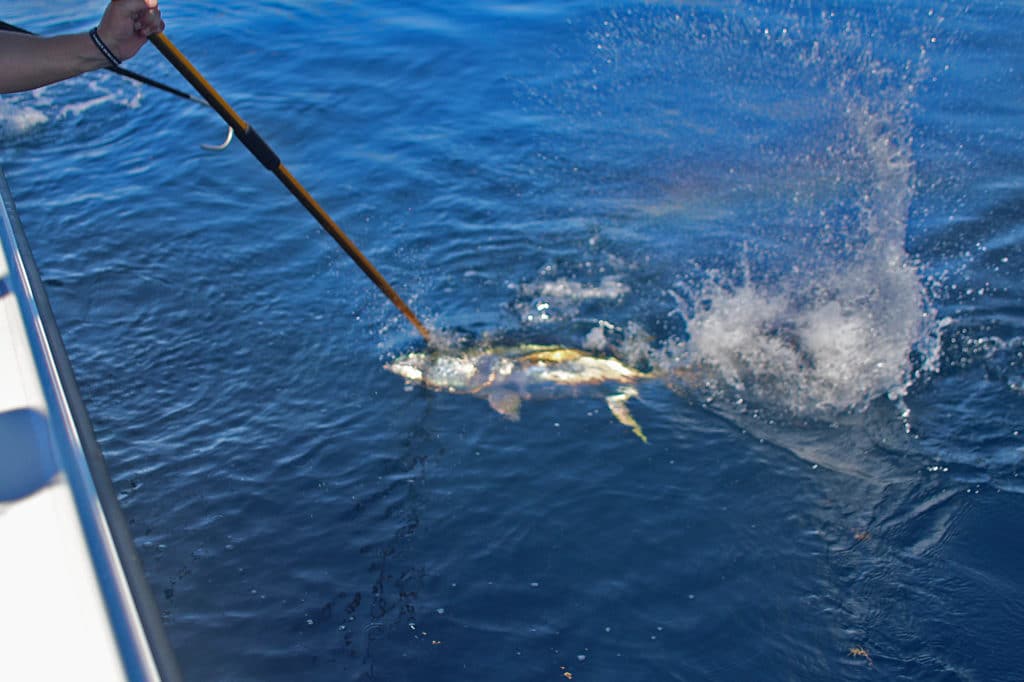
Don’t Leave Gaffing to a Novice
Lack of experience at this point in the game often results in lost fish and loud expletives. You are better off handing the rod off and taking over the gaffing duties. Remember, a novice will need some instructions — and encouragement — to work the fish into a position where you can reach it with the gaff.
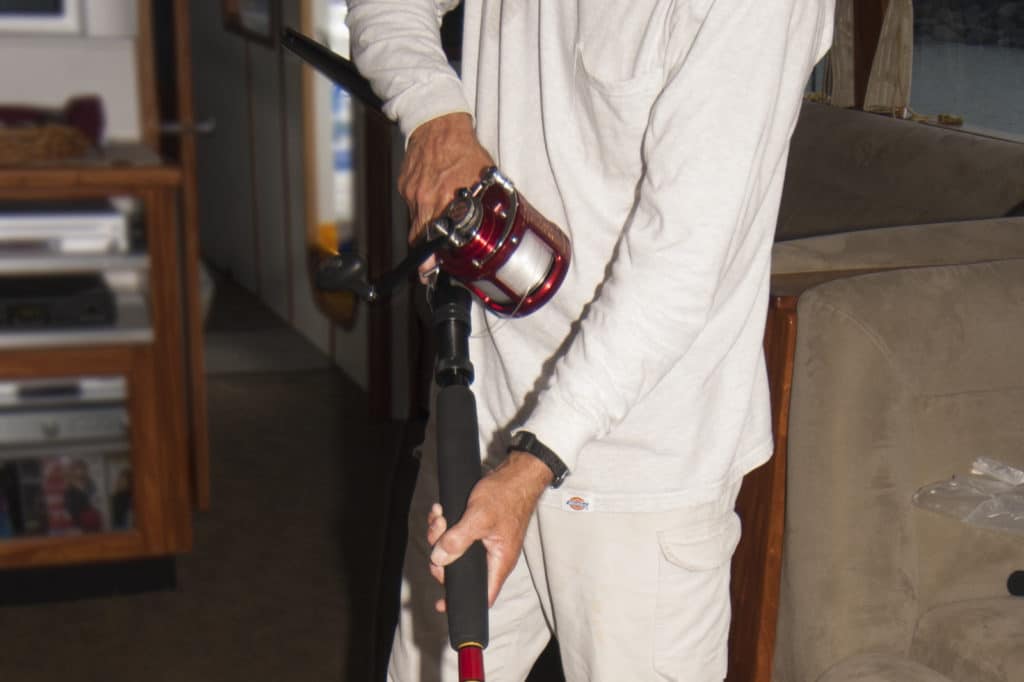
Maintain Tackle in Top Shape
Malfunctions, even those that seem sporadic, are signs of trouble on the horizon. A drag that sticks or skips now and then, the roller in the bail arm of a spinning reel that doesn’t quite turn freely, require immediate attention. Otherwise, you’ll face the inevitable consequences at some point. Often, at the worst possible moment.
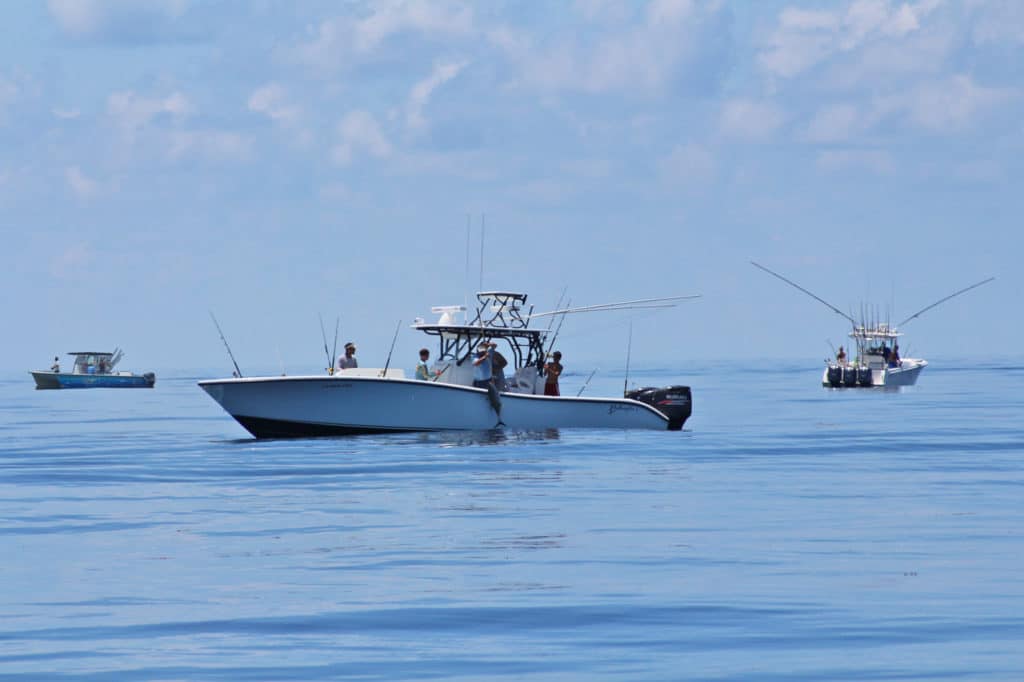
Never Underestimate Fishing Pressure
Popular spots are usually crowded on weekends. During holidays, some turn into a zoo. Unless it’s a weekday, if you must fish such areas, do it early. And always include at least a few additional spots in your fishing plan.
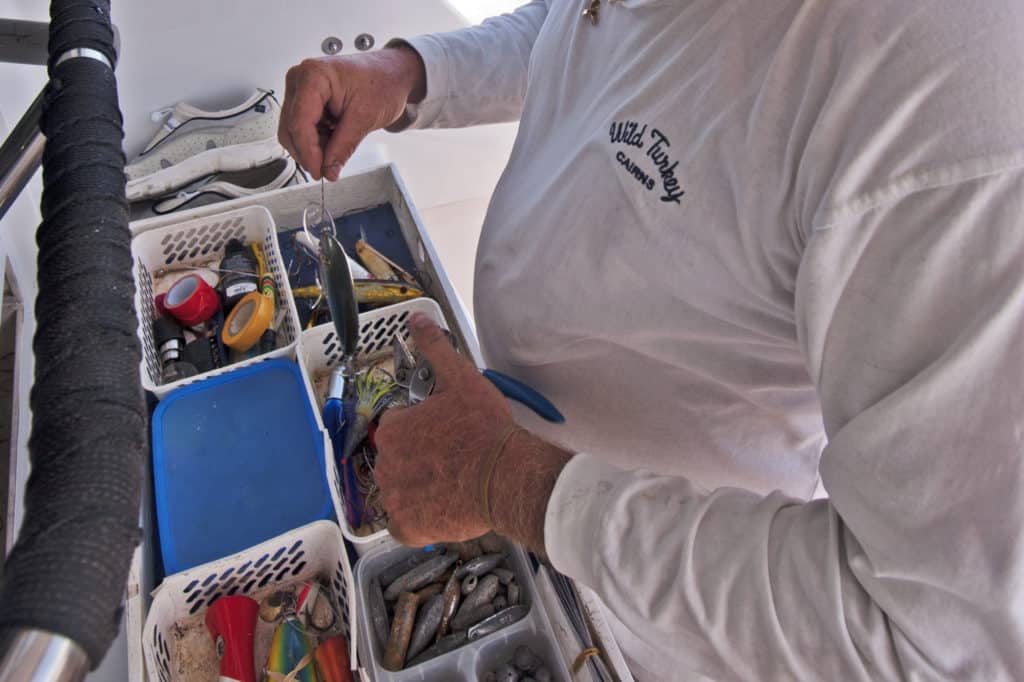
Replenish Lures and Terminal Tackle
The worst time to find out you are out of certain lures, hooks, swivels or leader material is when you need them. Avoid that predicament by periodically taking inventory of your tackle and replenishing any items before you run out.
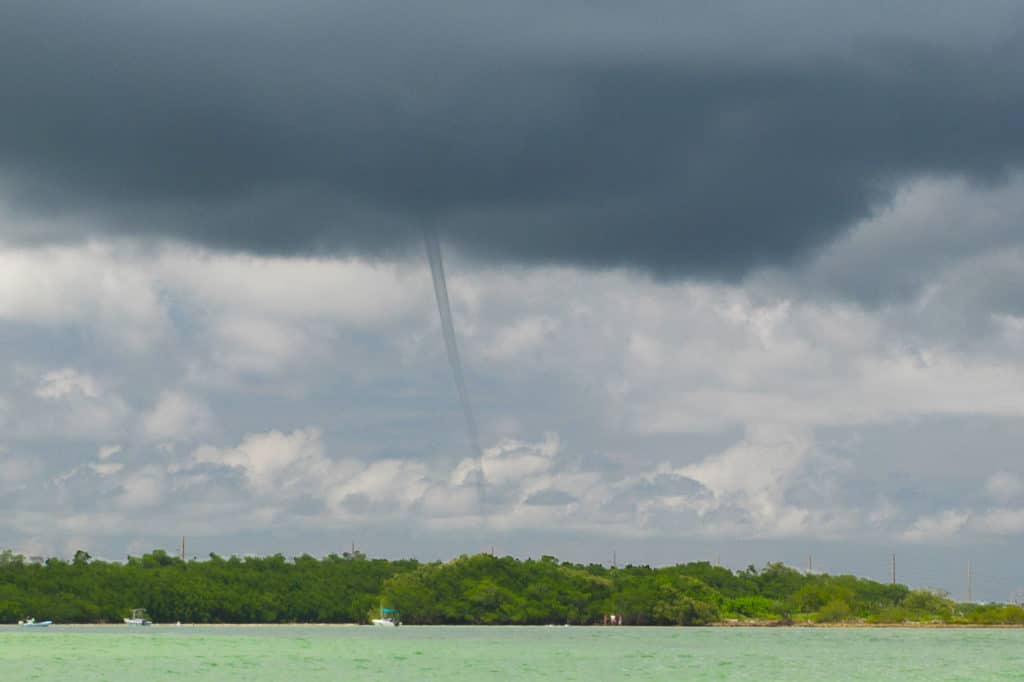
Check the Weather
Weather and sea conditions change rapidly, so checking the forecast the night before and again just before you head out helps you make the right decisions regarding fishing locations, target species, tactics and more importantly, safety.





